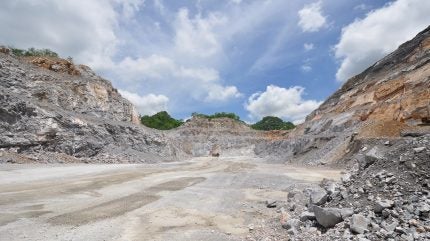
Russian aluminium producer United Company Rusal International (Rusal) is planning to double the capacity of its Boguchansky aluminum smelter in Krasnoyarsk, Siberia, reported Reuters via mining.com, citing the local government in the Krasnoyarsk region.
By the end of this decade, the smelter’s total production capacity is set to increase to 600,000t.
The initial production line at the Boguchansky smelter started in 2019, following an investment of $1.6bn (Rbs153.72bn).
The initial estimate for the total project cost to reach full capacity was $2.6bn.
Rusal, said to be the largest aluminium producer outside China, jointly owns the plant with Rushydro, a state-controlled power generating company.
According to the local government’s statement, Rusal vice-president Elena Bezdenezhnykh indicated that the construction work at the Boguchansky smelter is scheduled to commence in 2025.
A representative from Rusal confirmed these plans and noted that the financial model and investment volumes would be recalculated by the end of 2024.
Rusal, which contributes 5.5% to the global aluminium output, operates 11 smelters with a combined capacity of 4.6 million tonnes (mt).
Furthermore, the company has not yet finalised any expansion plans for its Taishet smelter, which was commissioned in 2021 with a capacity of approximately 430,000t.
Looking ahead, Rusal anticipates a global aluminium surplus of around 500,000t in 2024, which is expected to narrow to 200,000–300,000mt in 2025.
Last year, Rusal said it plans to build an alumina production facility, with an investment of Rbs400bn to help reduce raw materials imports.
The proposed project involves four technological lines for alumina production, as well as port infrastructure at Russia’s Baltic Sea port of Ust-Luga.



